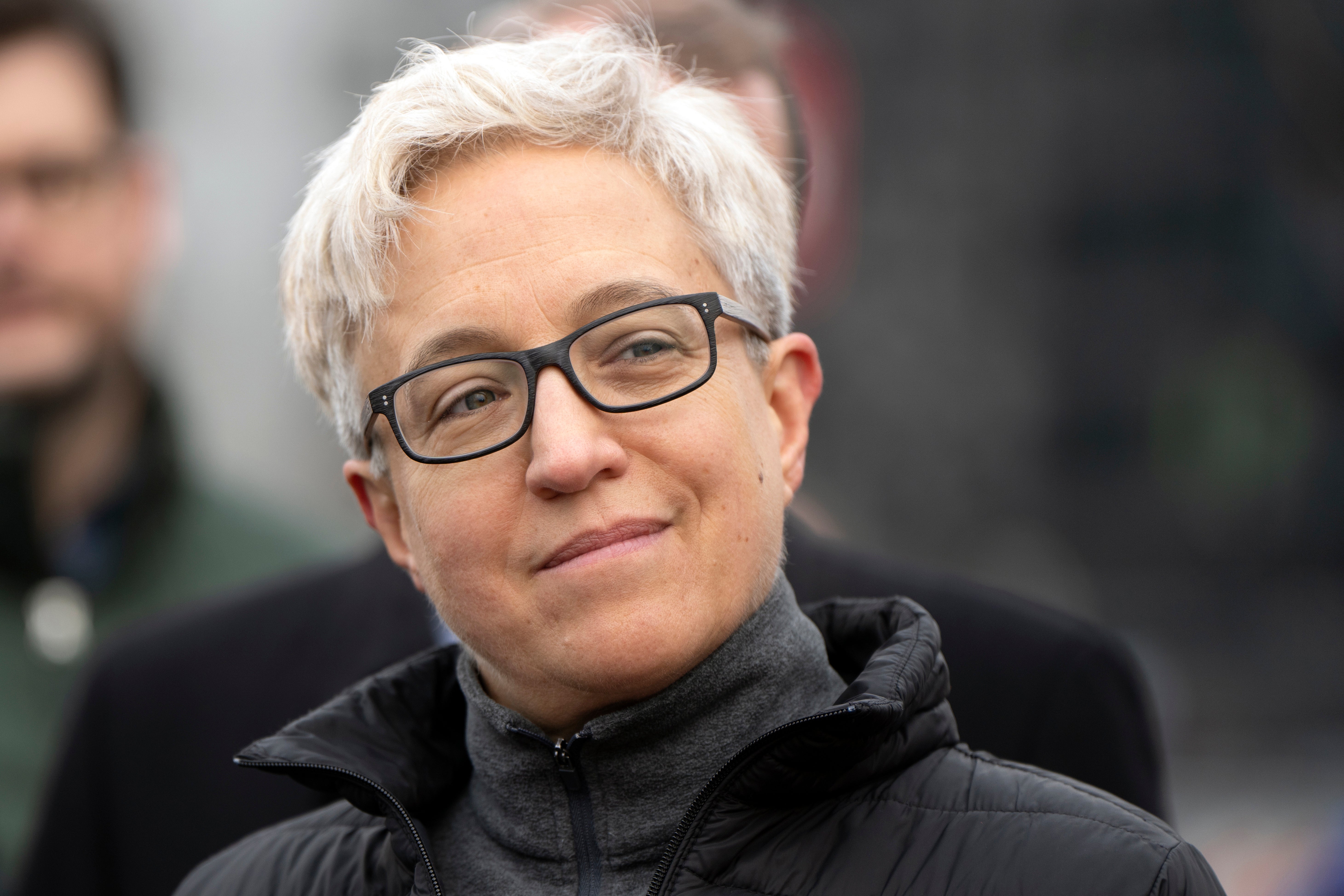Oregon governor signs a bill recriminalizing drug possession into law
Oregon Gov. Tina Kotek has signed into law a bill that recriminalizes the possession of small amounts of drugs

Oregon's Democratic Gov. Tina Kotek on Monday signed into law a bill that recriminalizes the possession of small amounts of drugs, ending a first-in-the-nation experiment with decriminalization that was hobbled by implementation issues.
The new law rolls back a 2020 voter-approved measure by making so-called personal use possession a misdemeanor punishable by up to six months in jail. It also establishes ways for treatment to be offered as an alternative to criminal penalties by encouraging law enforcement agencies to create deflection programs that would divert people to addiction and mental health services instead of the criminal justice system.
In a signing letter, Kotek said the law's success will depend on “deep coordination” between courts, police, prosecutors, defense attorneys and local mental health providers, describing them as “necessary partners to achieve the vision for this legislation.”
Measure 110, approved by voters with 58% support in 2020, made the personal use possession of illicit drugs such as heroin, cocaine and methamphetamine only punishable by a ticket and a maximum fine of $100. Supporters said treatment is more effective than jail in helping people overcome addiction and that the decadeslong approach of arresting people for possessing and using drugs hasn’t worked.
The law directed hundreds of millions of dollars of the state’s cannabis tax revenue toward addiction services. But the money was slow to get out the door and health authorities, already grappling with the COVID-19 pandemic, struggled to stand up the new treatment system, state auditors found. At the same time, the fentanyl crisis began to spark an increase in deadly overdoses.
Those pressures prompted Oregon Democrats to shift their stance on decriminalization policy in recent months.
Some who historically supported the measure voted for the new law during this year's short legislative session. While other Democratic lawmakers opposed the measure, concerned it would result in more arrests and exacerbate social inequities, it ultimately passed the Democrat-controlled Legislature last month.
GOP leaders had long sought to overhaul Measure 110. After Kotek's signing, House Minority Leader Jeff Helfrich said the law illustrated how Republicans "stood united and forced Democrats” to restore criminal penalties.
The changes take effect Sept. 1.
Bookmark popover
Removed from bookmarks